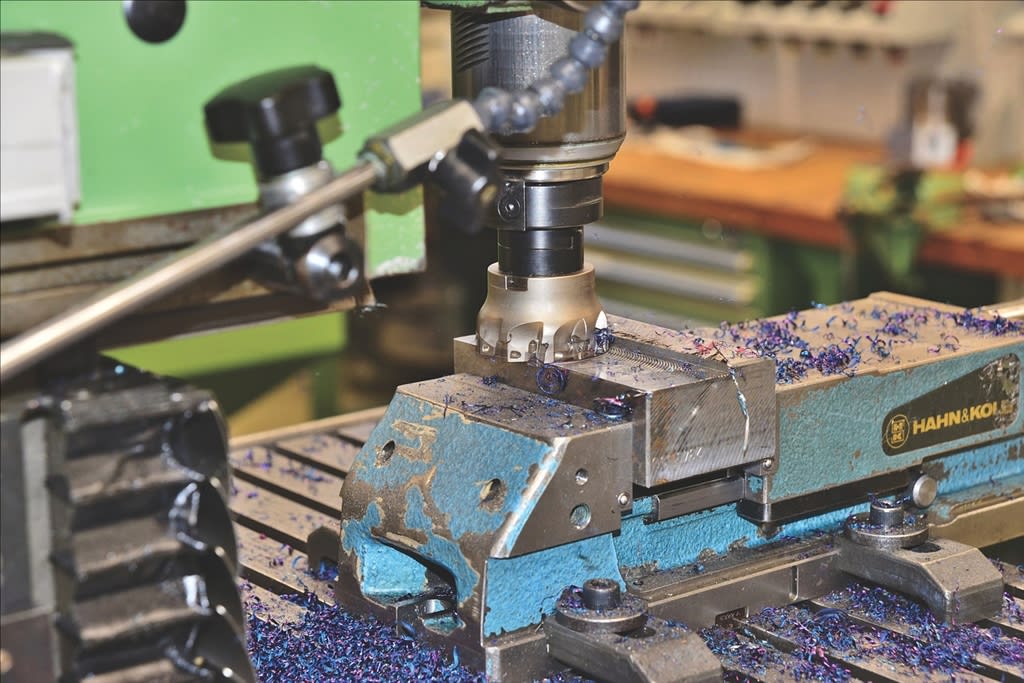UK Manufacturing Sector benefit from R&D Tax Credits
Research and Development (R&D) tax credits are designed to incentivise innovation by providing financial relief to companies engaged in qualifying R&D activities. In the UK, these tax credits can be particularly beneficial for companies operating in the manufacturing sector. Here are some steps and considerations for a UK manufacturing company to benefit from R&D tax credits:
1. Understanding Qualifying R&D Activities:
Identify the scientific or technological uncertainty that the project is seeking to resolve that qualifies as R&D. In the manufacturing sector, this could include developing new products, processes, or technologies, or making significant improvements to existing ones.
2. Document R&D Activities:
Maintain detailed records of the R&D activities undertaken. This documentation should include the technical challenges faced, the steps taken to overcome them, and the outcomes achieved.
3. Quantify R&D Expenditure:
Identify and quantify eligible R&D expenditures. This includes costs related to employee wages, subcontractors, consumables, software, and certain overheads directly associated with the R&D projects.
4. Understand R&D Tax Credit Schemes:
Familiarise yourself with the R&D tax credit scheme available in the UK for your business. It is important to understand the evidence of a qualifying project HMRC may expect to see if your claim is checked.
5. Seek Professional Advice:
It is advisable to seek advice from tax professionals or specialists who are experienced in R&D tax credits. A competent professional in the field can judge if a scientific or technological advance is needed to solve a particular problem. A professional firm will have expertise in optimising eligible claims and can help ensure compliance with HMRC requirements.
6. Submit a Claim:
A project consists of several activities conducted to a method or plan to achieve an advance in science or technology. It is important to get the boundaries of the project correct. It should encompass all the activities which collectively serve to resolve the scientific or technological uncertainty associated with achieving the advance, so it could include several different sub-projects. All of this needs considered when preparing and submitting a well-documented R&D tax credit claim to HMRC. Ensure that the claim is accurate, supported by evidence, and meets the specific requirements. It is advisable to seek advice and have a professional submit your claim.
7. Stay Informed:
Keep up to date with any changes to R&D tax credit legislation and guidelines to ensure ongoing compliance and optimisation of benefits.
By carefully documenting eligible activities and seeking professional advice, a UK manufacturing company can maximise its benefits from R&D tax credits, fostering innovation and growth in the process.
At the Momentum Group quality and compliance are at the heart of what we do. Our carefully selected, close-knit team come from backgrounds in consultancy, global engineering, manufacturing, and financial services. We also have chartered accountants and chartered tax advisors in our team. Making us the ideal candidate as your R&D tax credit consultants.
You can rest assured your claim is being dealt with by professionals. Get in contact with us today!



